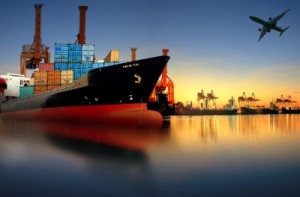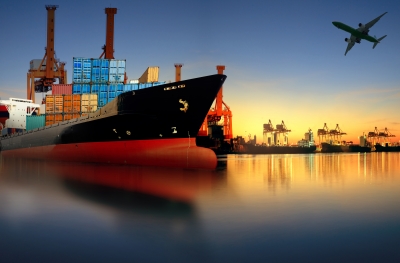 A long-term competitiveness roadmap on services for the region is on top of the Philippine delegation agenda to the first Asia-Pacific Economic Cooperation (APEC) 2016 First Senior Officials’ Meeting (SOM1) in Peru, according to the Department of Foreign Affairs (DFA).
A long-term competitiveness roadmap on services for the region is on top of the Philippine delegation agenda to the first Asia-Pacific Economic Cooperation (APEC) 2016 First Senior Officials’ Meeting (SOM1) in Peru, according to the Department of Foreign Affairs (DFA).
Last year at the APEC Summit in Manila, the 21 APEC leaders adopted the APEC Services Cooperation Framework (ASCF) that provides for an APEC Services Competitiveness Roadmap (ASCR). The leaders, through the ASCF, said they recognize the role of services in the inclusive growth of the region.
The services sector accounts for a dominant share of Asia-Pacific economies, representing 66% of regional gross domestic product (GDP).
The leaders further agreed that the cooperation’s member economies should start crafting this year a roadmap that lays down actions and targets for services sector development that should be achieved by 2025.
Developing the roadmap will involve a discussion of the elements of the roadmap, and deliberations on actions and targets for services development. Objectives of the roadmap include the following: build on APEC’s work on services; strengthen APEC cross-fora dialogues and collaborations; pursue public-private dialogues with the APEC Business Advisory Council, Pacific Economic Cooperation Council and other stakeholders; and engage multiple stakeholders through the APEC Virtual Knowledge Center on Services—a virtual knowledge-sharing platform on services-related policies and programs of APEC.
The ASCR also aims to foster the exchange of good regulatory practices and promote an effective competition policy. Moreover, it will seek better ways to produce services-related statistics, provide capacity building so more APEC economies have indices for measuring the regulatory environment in services, and explore an APEC index that will be similar to those maintained by other fora such as the Organisation for Economic Co-operation and Development.
The ASCR will compel economies as well to regularly organize discussion fora among services regulators, officials responsible for trade, investment, and competition policies, and the private sector.
The services sector, which includes the transportation industry, is important to the Philippines “because it is where we have a comparative advantage,” according to National Economic and Development Authority (NEDA) director-general Dr Emmanuel Esguerra.
Esguerra, also the country’s Socioeconomic Planning Secretary, served as the Co-Senior Official of the Philippines to the APEC Senior Officials’ Meeting last year, the Chair of the APEC Group on Services (GOS) and the APEC Policy Support Unit Board, and the Philippine acting minister during the Second APEC Structural Reform Ministerial Meeting last September 2015.
As the chair of the GOS, he championed the APEC Services Cooperation Framework, which was deemed to strengthen APEC’s work on services. The framework, proposed by the Philippines and adopted during the Leaders’ Summit in December 2015, is expected to benefit the country’s growing and vibrant services sector.
In 2014, services accounted for 56.7% of the Philippines’ GDP and 53.6% of total employment, said Esguerra.
Other targets of the Philippine delegation to the SOM1 are the launch of pilot health initiatives under the Philippines-led Healthy Asia-Pacific 2020 Roadmap; crafting an action plan for the APEC 2015 Disaster Risk Reduction Framework; and the first-year implementation of the Boracay Action Agenda that is seen to boost the entry of micro, small, and medium enterprises in regional and global markets.
The Philippine delegation to SOM1, which takes place February 20 to March 4, is to be led by Department of Trade and Industry (DTI) Undersecretary Ceferino S. Rodolfo, who will be joined by representatives from the DFA, DTI, NEDA, Department of Health, Bureau of Customs, Office of Civil Defense, and Office of the Ombudsman, among others.
Peru, as APEC 2016 host, aims to continue building on APEC’s inclusive growth agenda through the theme “Quality Growth and Human Development,” and the upholding of four priorities. These priorities are to advance regional economic integration and quality growth; enhance the regional food market; promote the modernization of micro, small and medium-size enterprises in the Asia-Pacific; and develop human capital.
Image courtesy of khunaspix at FreeDigitalPhotos.net





